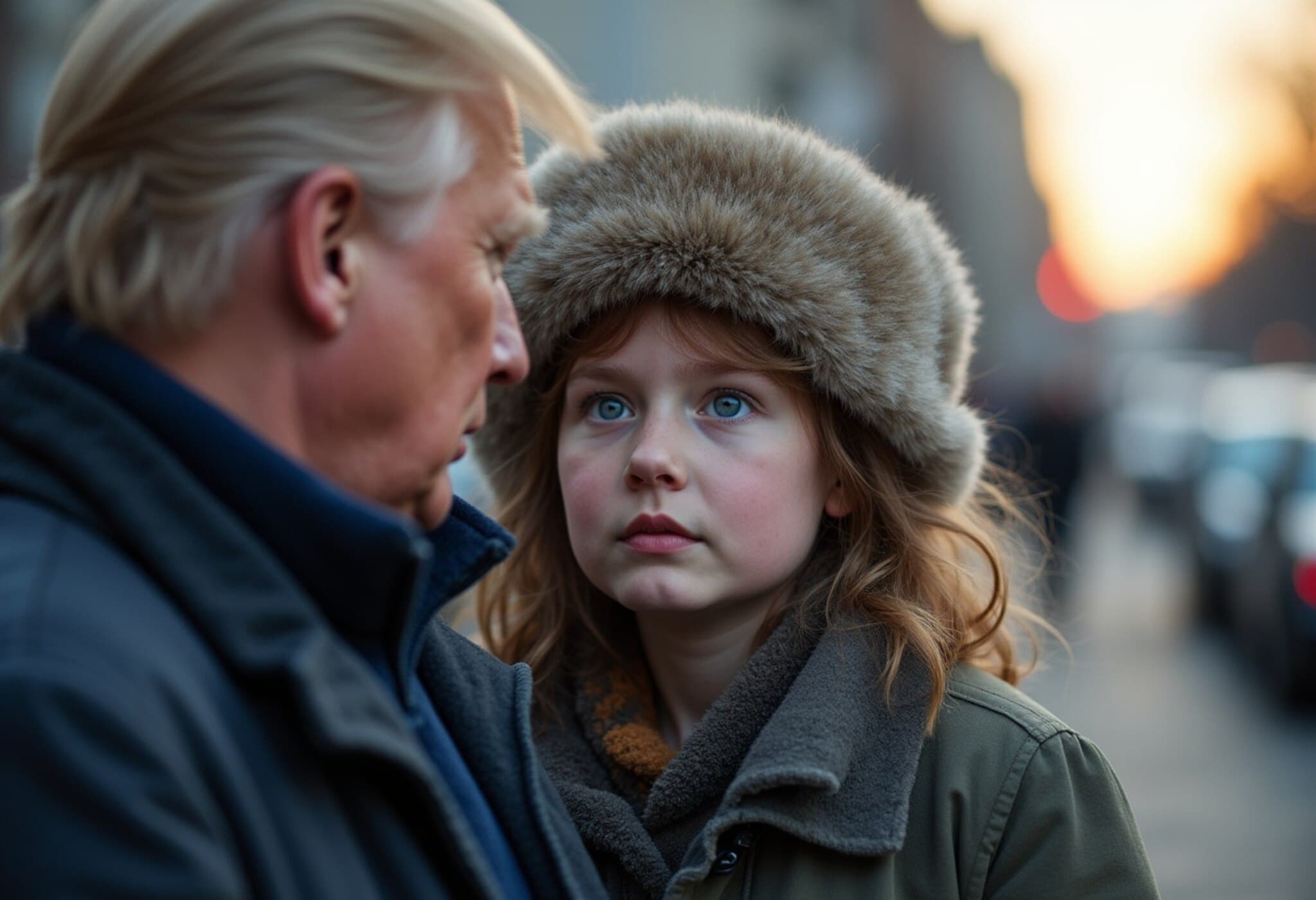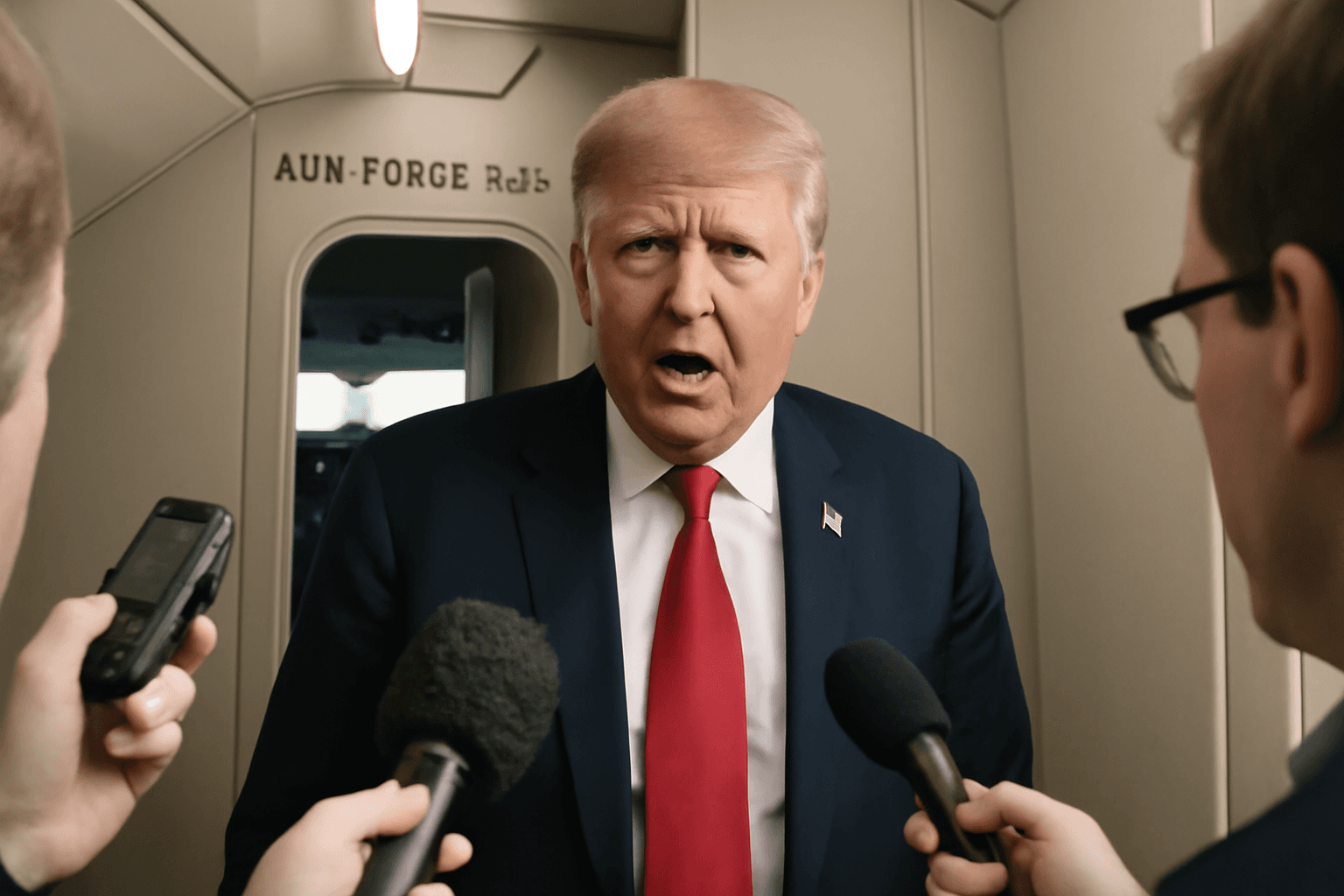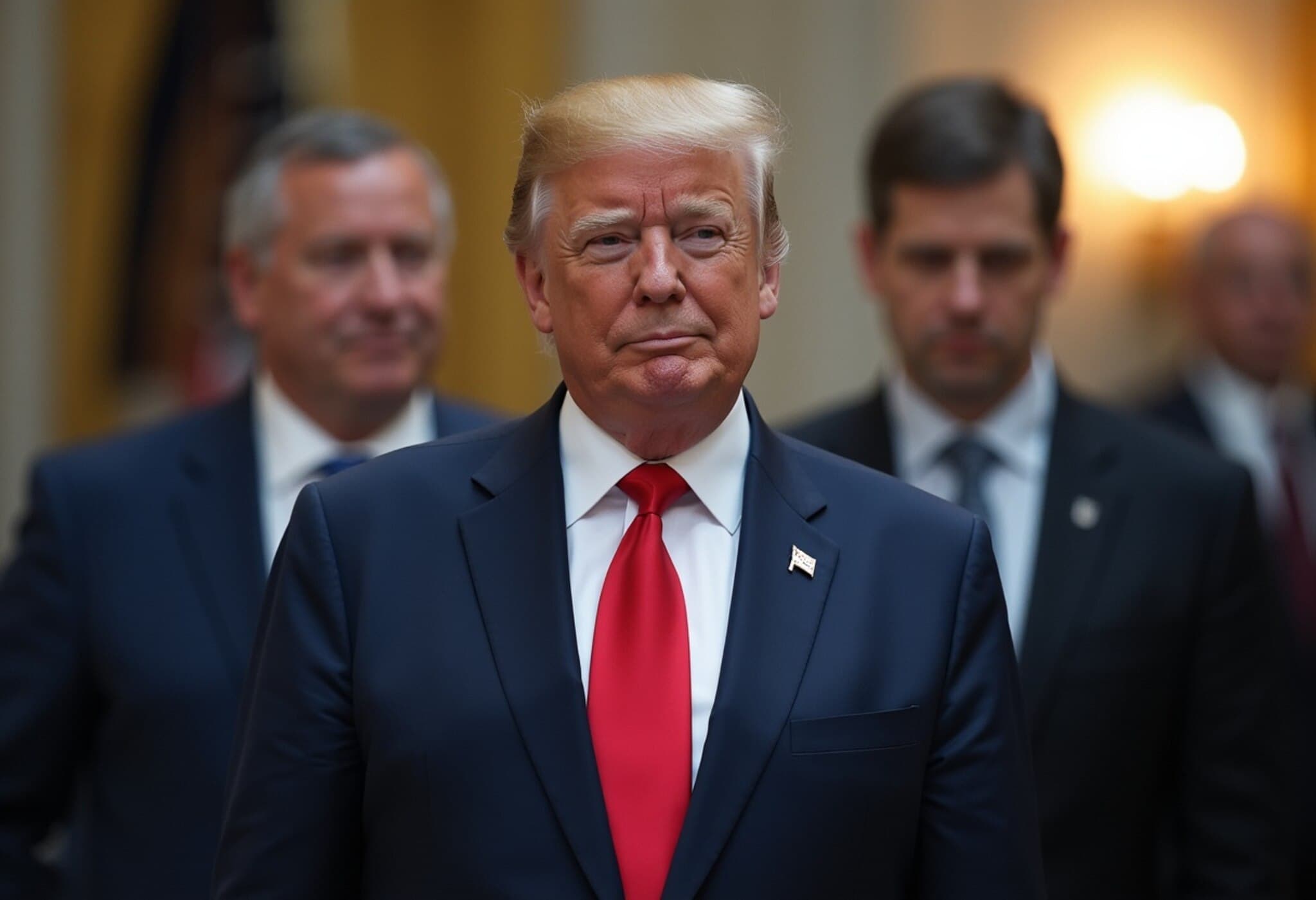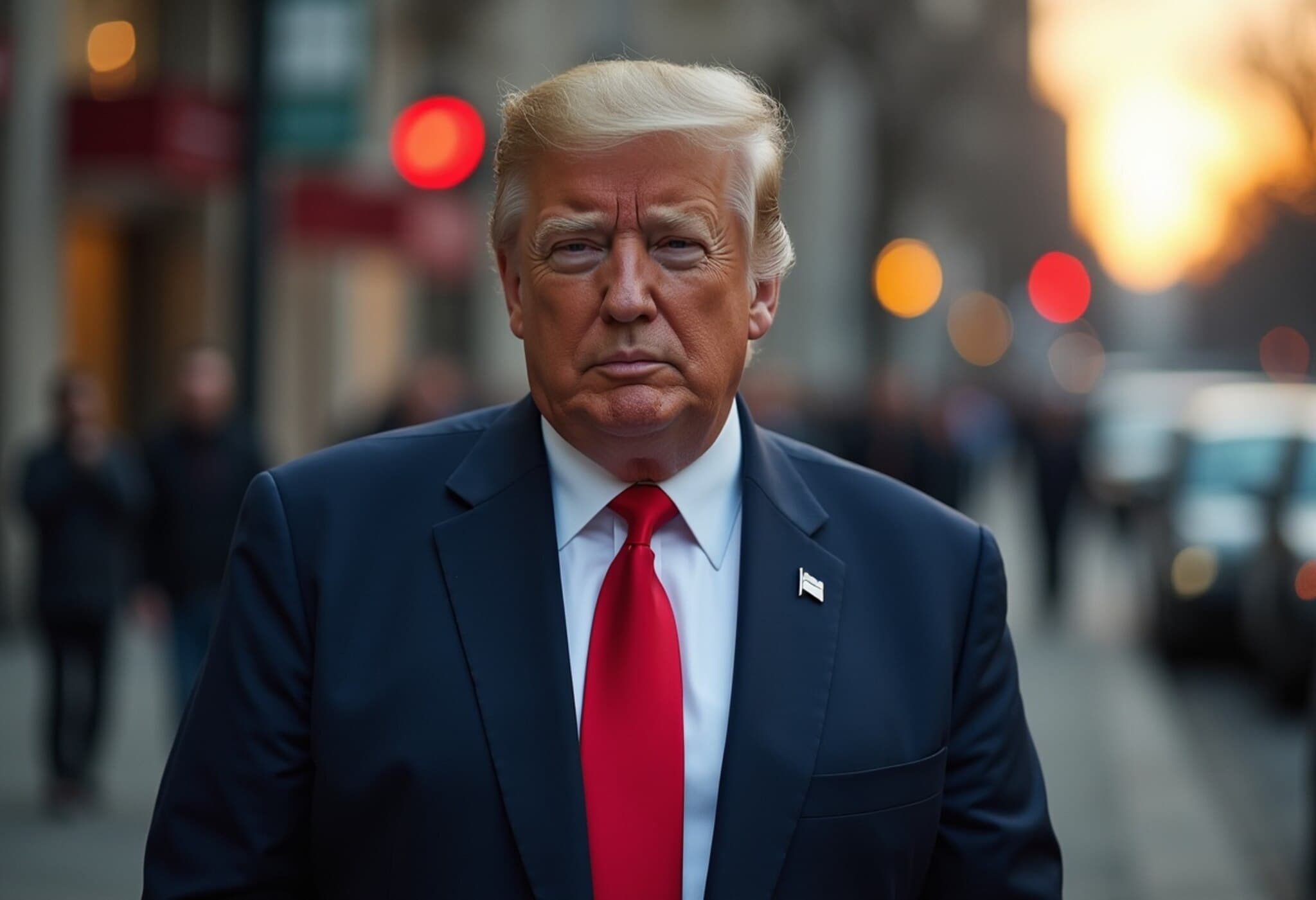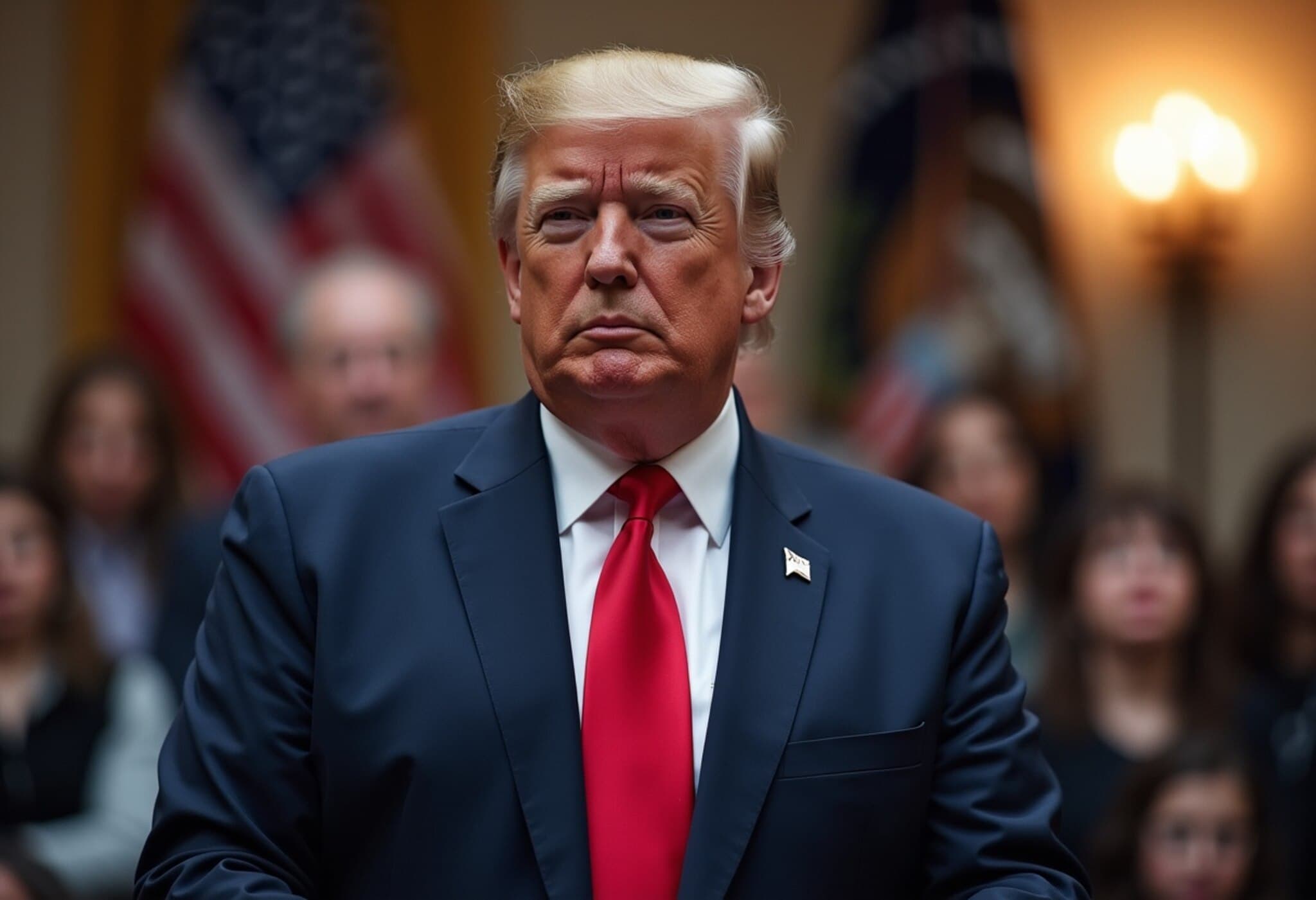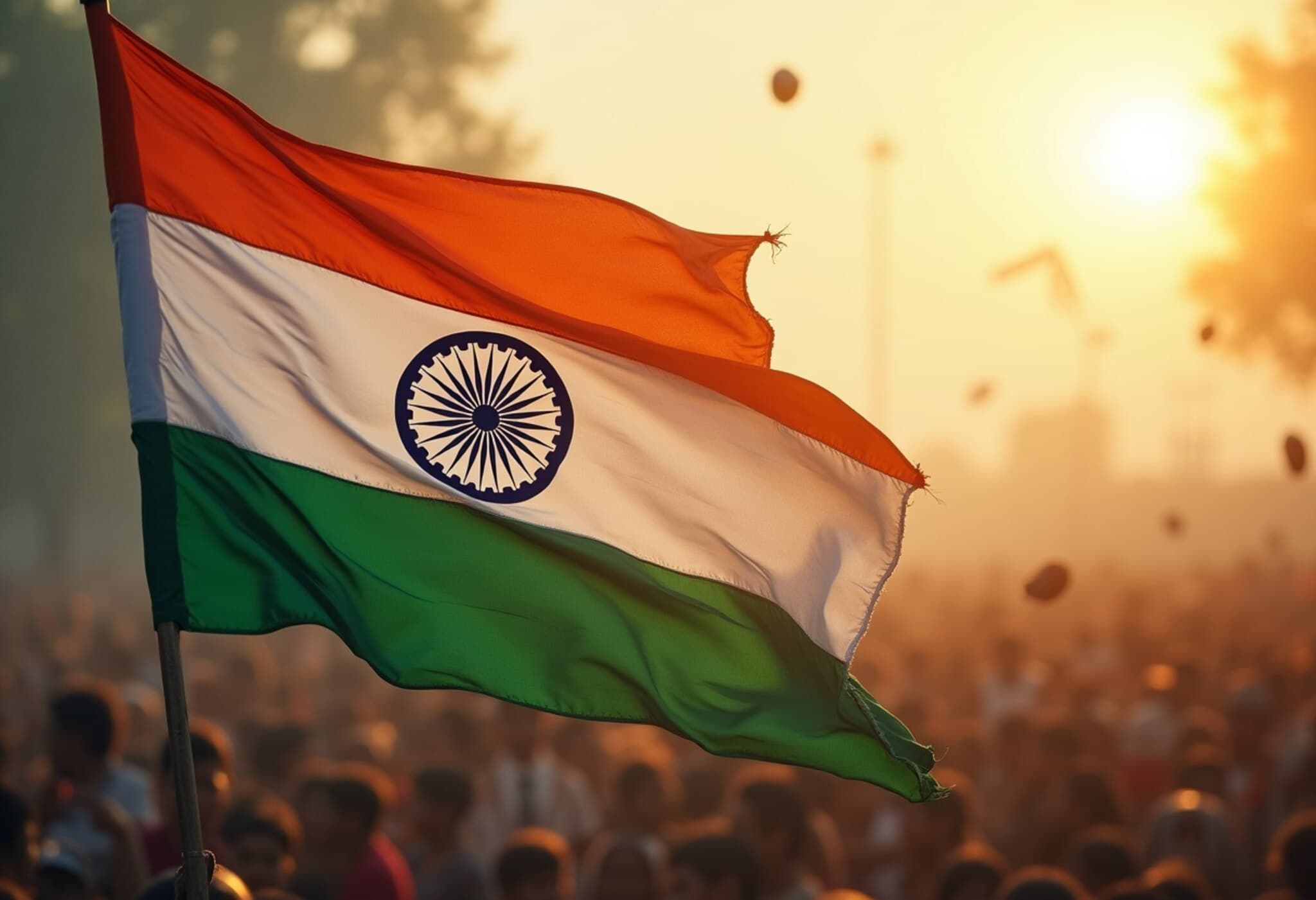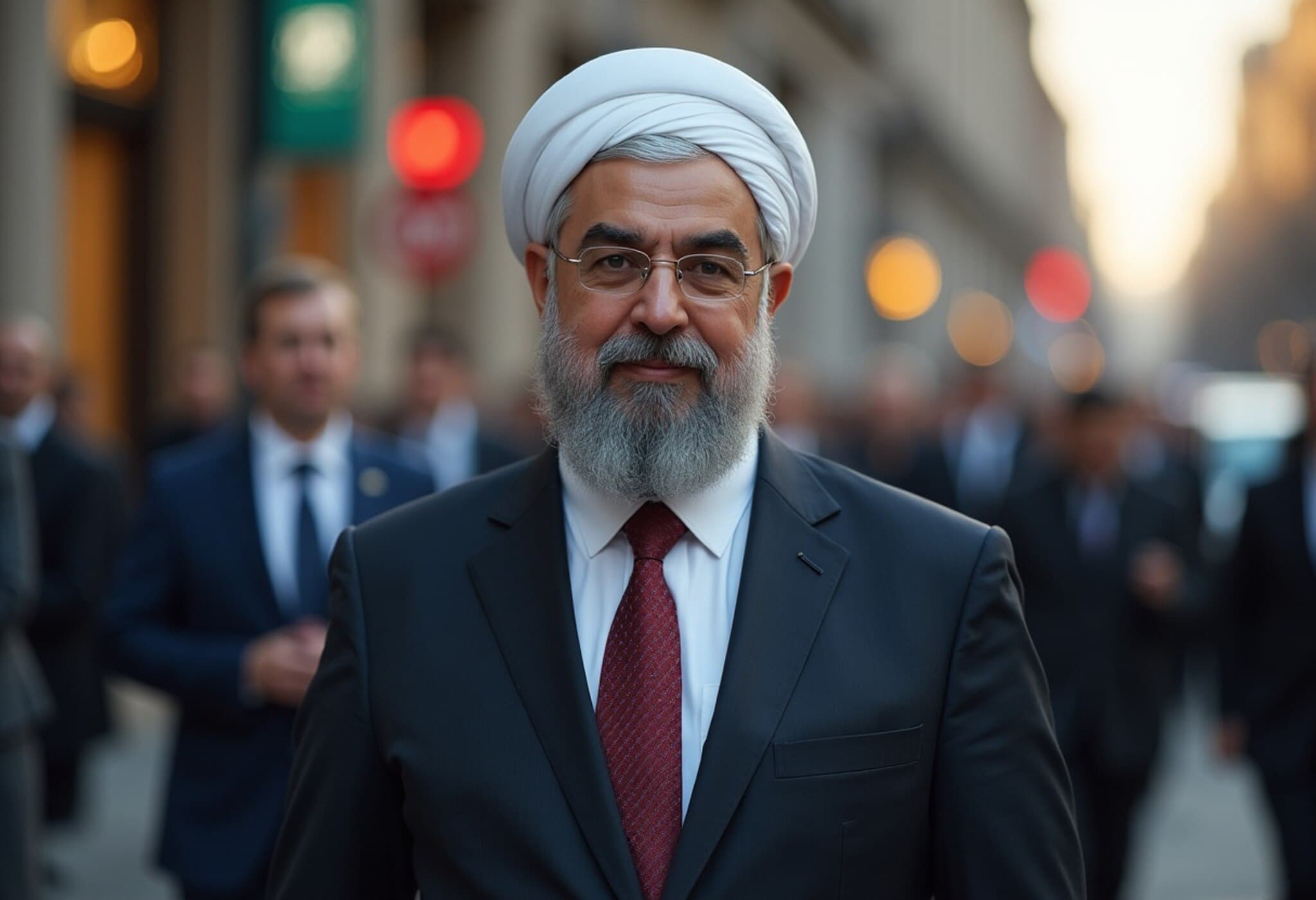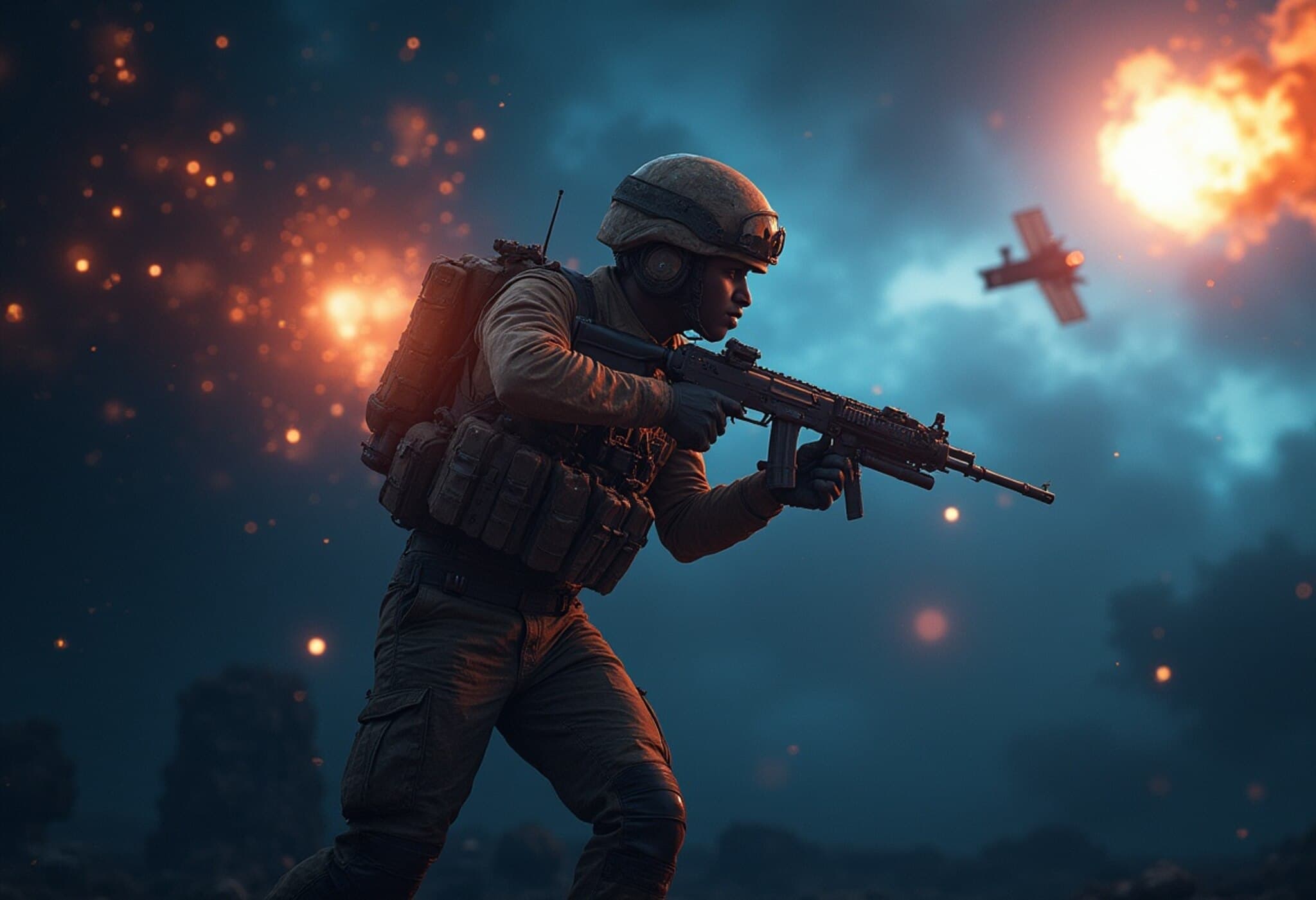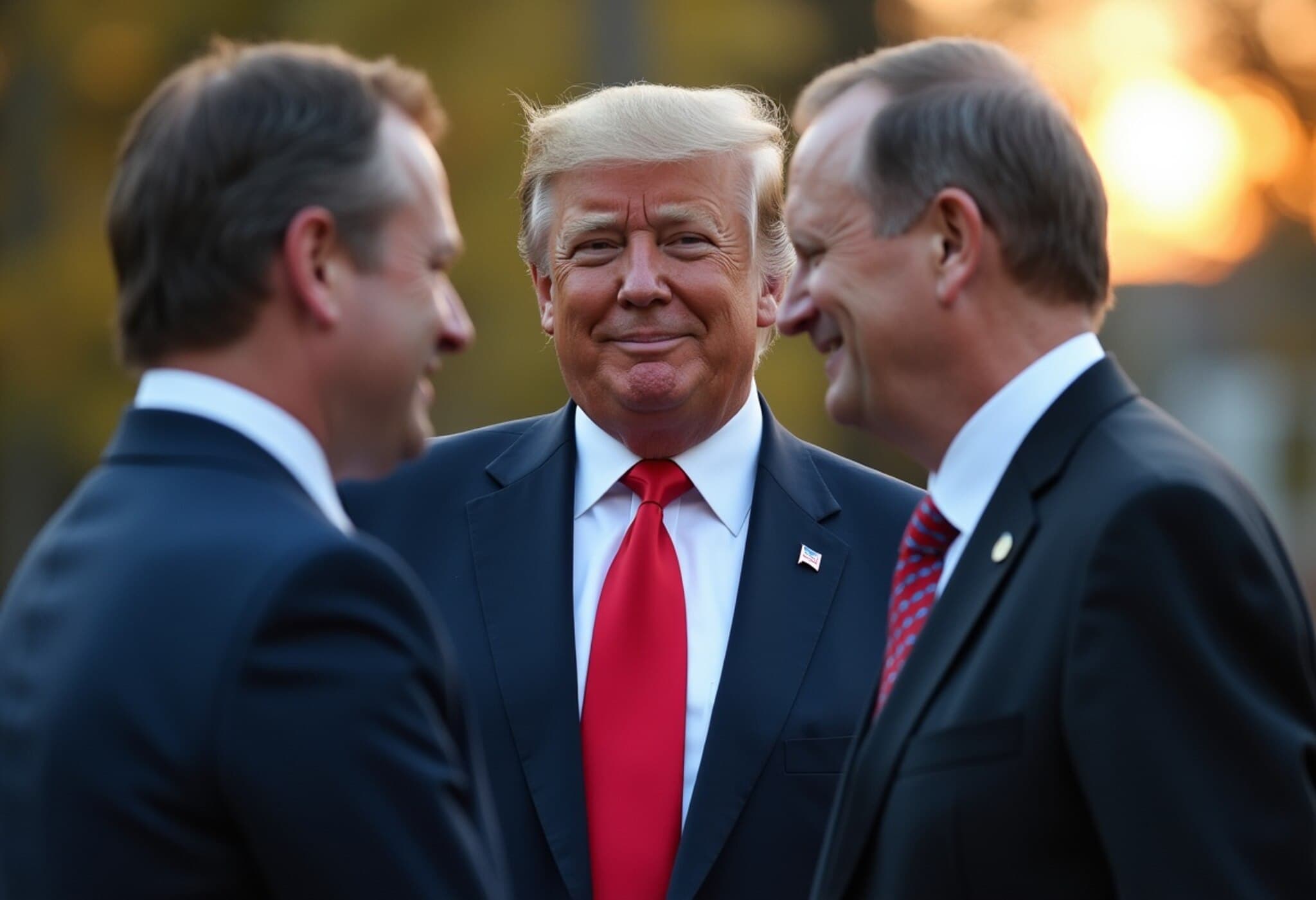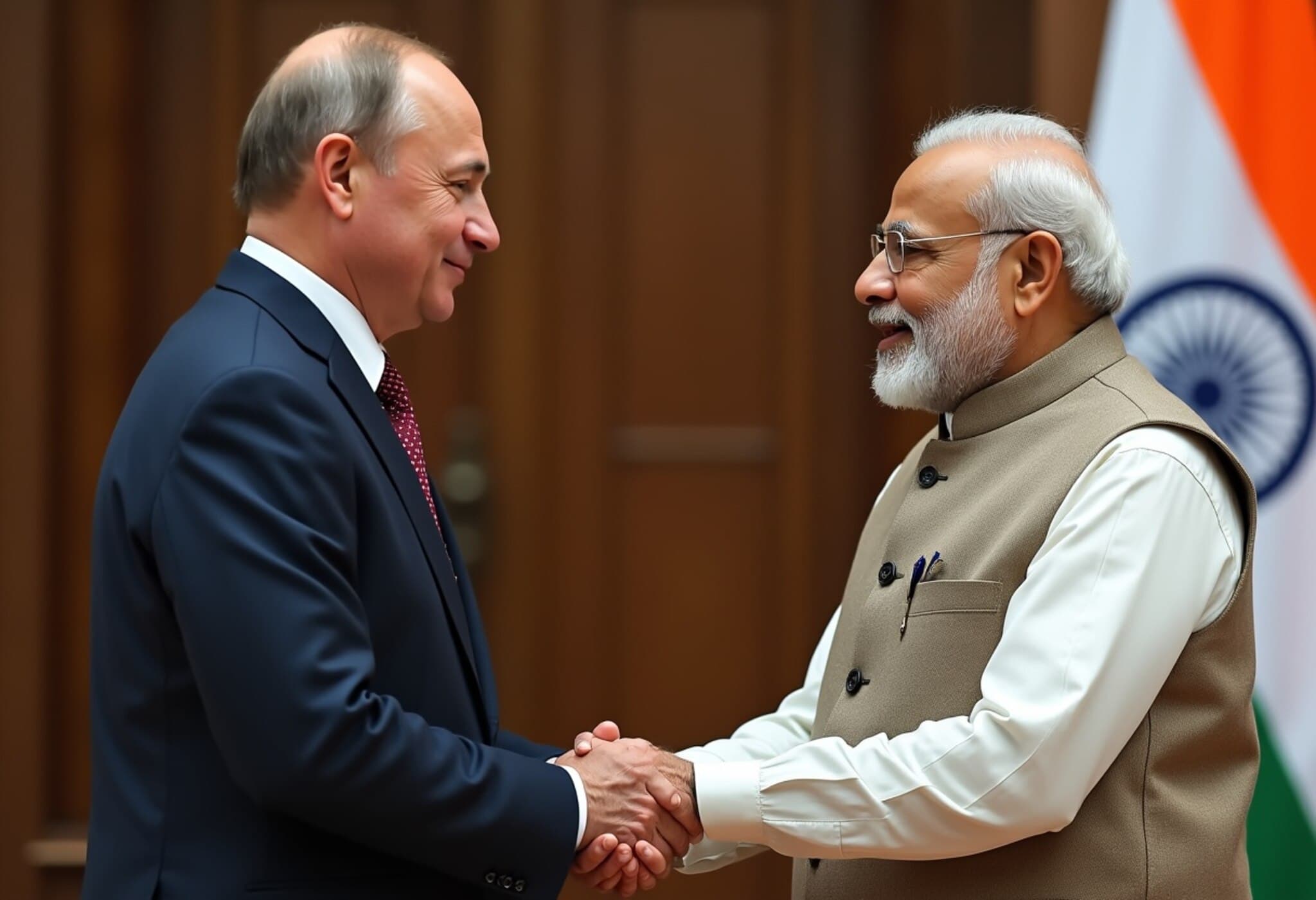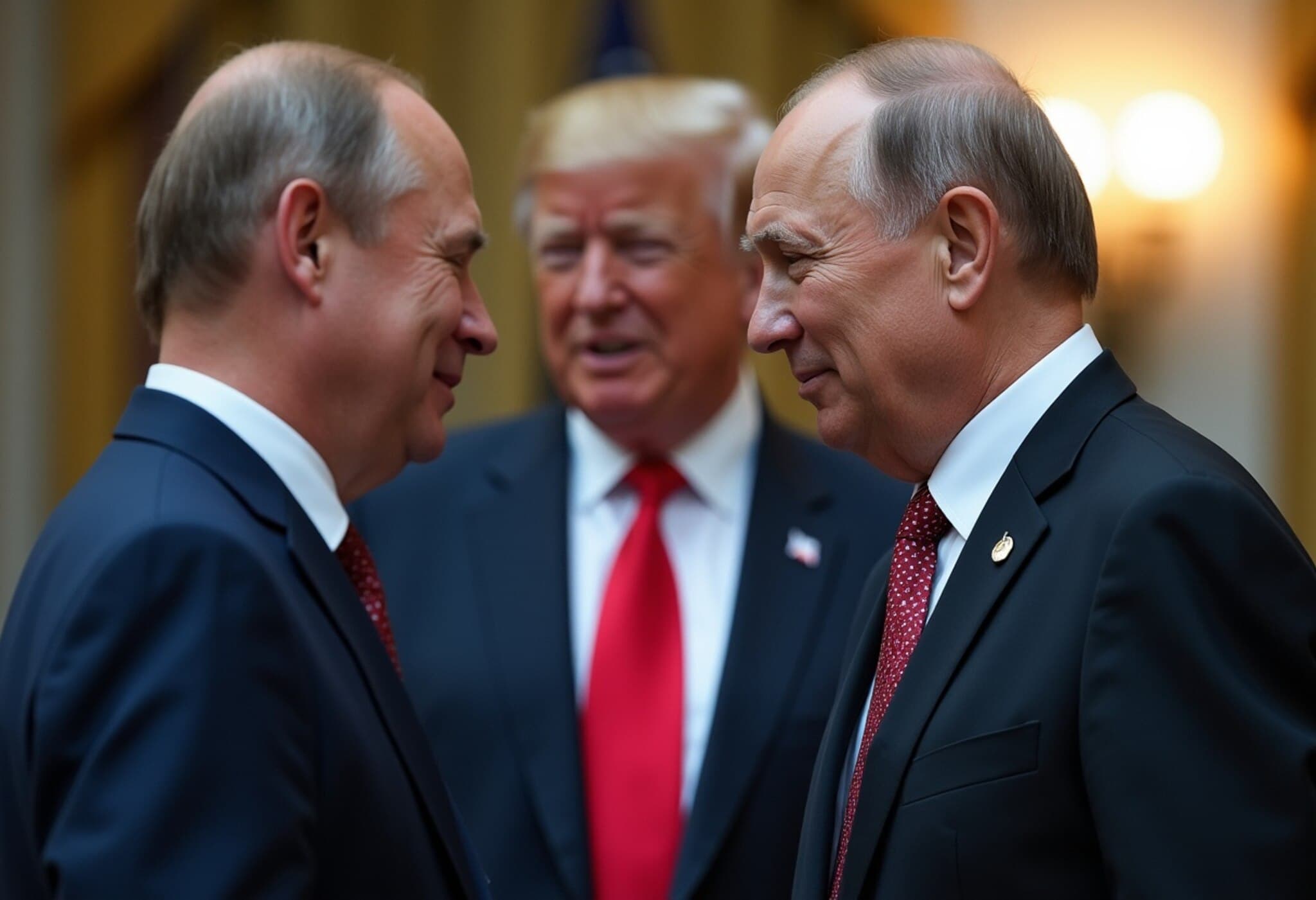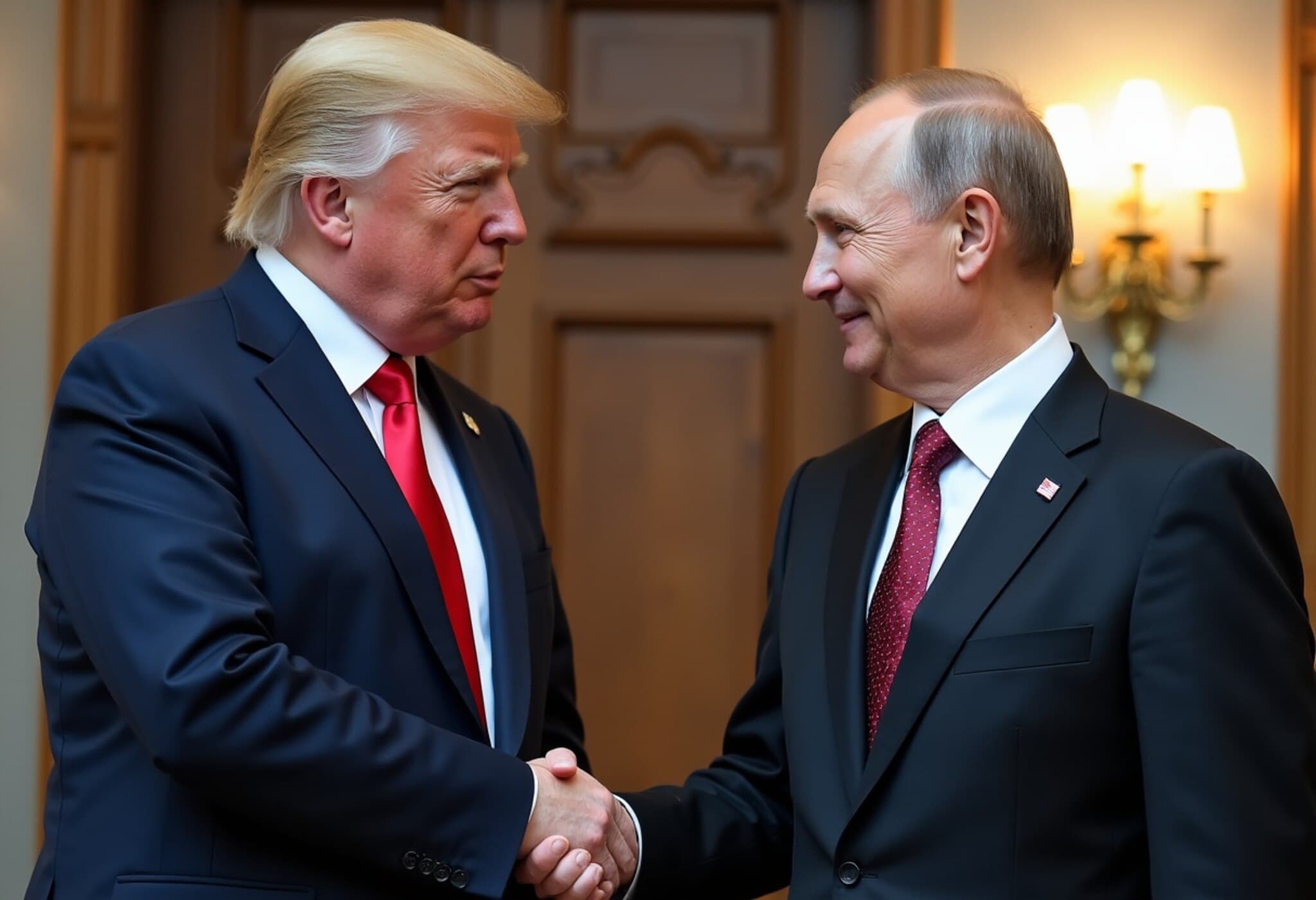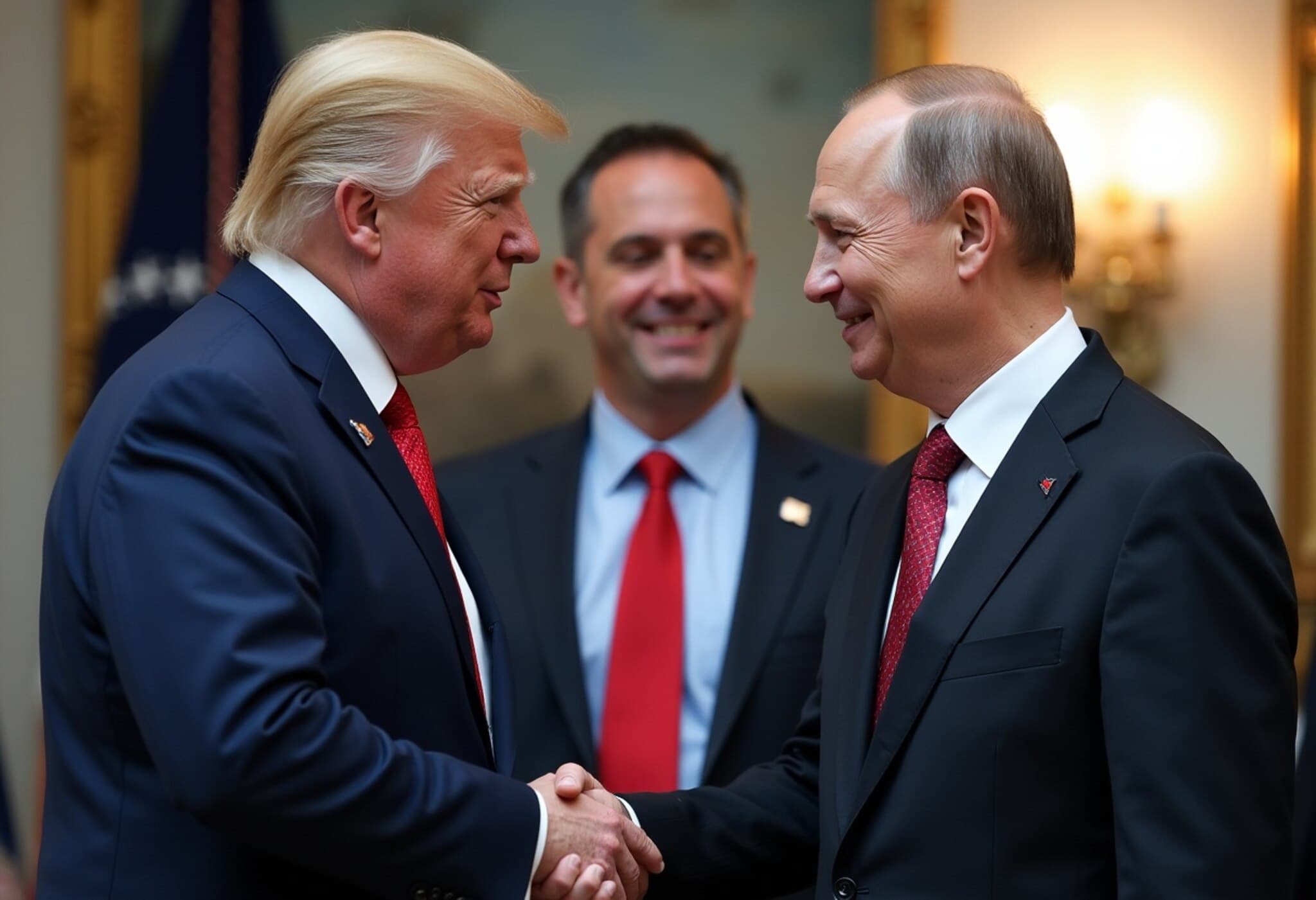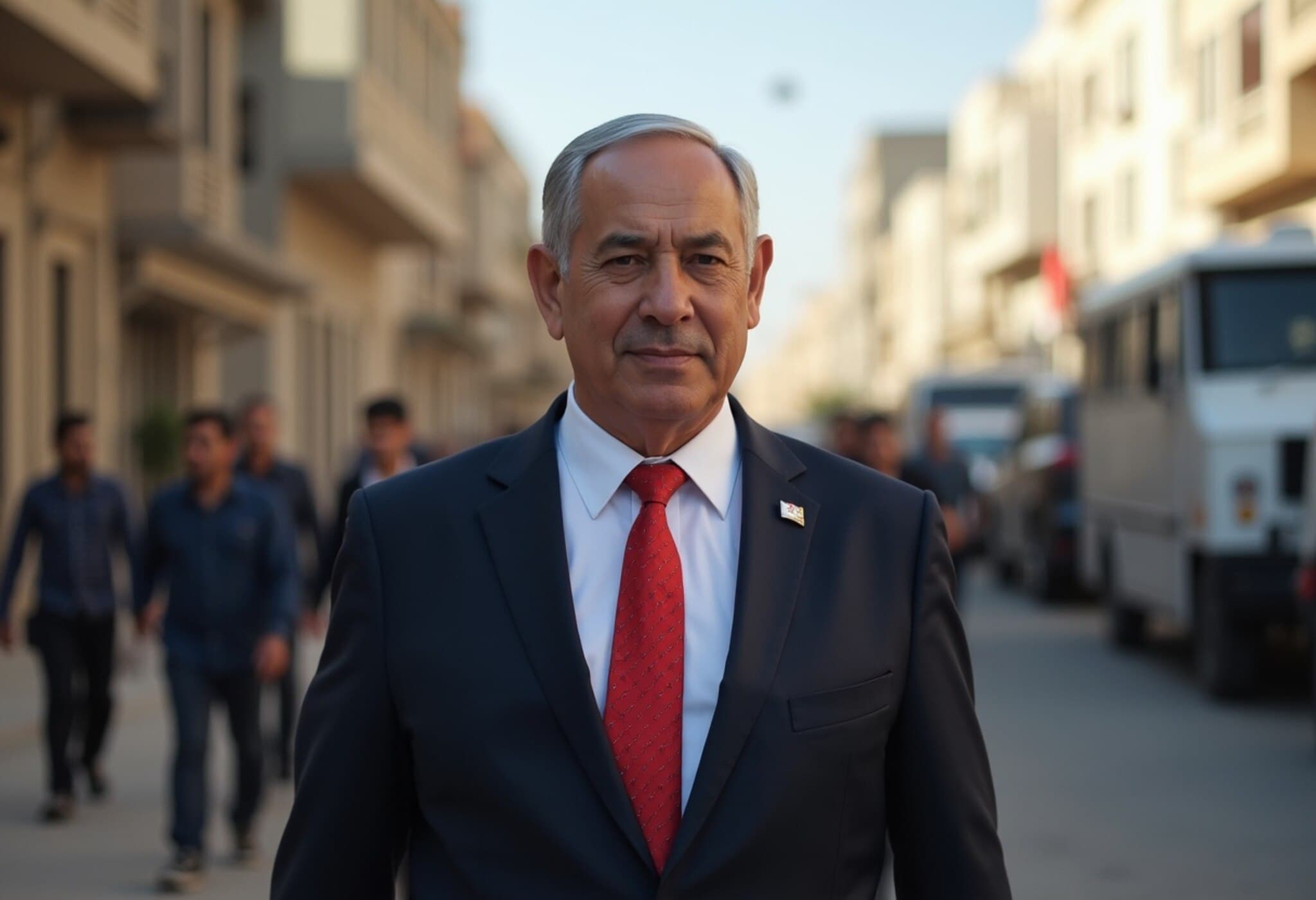Understanding the High Stakes Behind Trump-Putin Talks
As US President Donald Trump prepares to meet Russian President Vladimir Putin in Alaska, a shadow looms over the discussions: the fate of thousands of Ukrainian children forcibly taken from their homeland. These young lives, uprooted amid Russia’s aggressive occupation of parts of Ukraine, face an uncertain future defined by cultural erasure and forced assimilation, a reality too often overlooked in diplomatic dialogues.
The Human Cost of Occupation: Ukrainian Children at Risk
Independent international organizations confirm a grim truth — Russia has orchestrated the relocation and Russification of thousands of Ukrainian children from territories under Kremlin control. These children have been detached from their families and communities, stripped of their native language and culture, and subjected to systematic brainwashing efforts designed to obliterate their Ukrainian identity.
This calculated erosion of identity is more than a cultural tragedy; it is a violation of international law. In fact, among Putin’s numerous alleged war crimes, the international community has formally charged him with the unlawful deportation of Ukrainian children — a historic first for a sitting leader of a permanent UN Security Council member.
What Does the Alaska Summit Mean for Ukraine?
Crucially, Ukrainian President Volodymyr Zelensky is absent from these talks. This absence raises serious concerns about whether the voices of those directly affected will be heard or considered. Any deal that legitimizes Russian claims over Ukrainian territory, especially in Donetsk and Luhansk oblasts, implicitly condones the continued captivity of these children and lays groundwork for further abductions.
For Ukrainians, surrendering sovereignty is not an option. The pain of occupation runs deep, and any concession risks entrenching the very mechanisms of oppression Putin employs — cultural erasure, suppression of democratic freedoms, brutal repression of dissent, and widespread human rights abuses. It is a harrowing example of how geopolitical bargaining can translate into human suffering.
More Than Territory: The Battle for Ukraine’s Identity
Putin’s aggression is not merely territorial ambition. It reflects a broader strategy aimed at dismantling Ukraine’s statehood, democracy, and cultural distinctiveness. By enforcing Russification and undermining Ukrainian identity, Russia seeks hegemonic control that far exceeds any traditional geopolitical calculus.
This emphasizes an often underreported dimension: the war is a clash of values and visions for the region’s future. Upholding Ukraine’s democratic foundations is not just a local imperative but a key frontline in preserving the global democratic order, one to which nations like the United States and Australia are deeply committed.
Global Implications and Calls for Inclusion
The international community, including voices like Australia’s Prime Minister Anthony Albanese, stresses that peace and security cannot be achieved without Ukraine’s full inclusion in negotiations. Albanese has reiterated that Putin is the aggressor, unequivocally violating international law and that peace hinges on Russia’s withdrawal.
Ignoring Ukraine’s sovereignty or failing to address the fate of the kidnapped children risks reinforcing Putin’s autocratic agenda and the normalization of such human rights abuses. It would embolden not just Russian authoritarianism but global trends threatening democratic values worldwide.
Conclusion: Why Appeasement Isn’t Peace
As talks proceed in Alaska, the crux remains clear: “deals” premised on conceding ground to Putin will only perpetuate the suffering of thousands, especially the stolen children of Ukraine. Real peace demands steadfast resistance to such calculated aggression and a commitment to justice and human dignity.
For Ukraine and its allies, the fight is for survival — the survival of a nation’s identity, its people’s rights, and the principles of democracy. The world’s response will either reinforce these values or allow brutal autocracy to prevail under the guise of diplomacy.
Vasyl Myroshnychenko is Ukraine’s ambassador to Australia.

